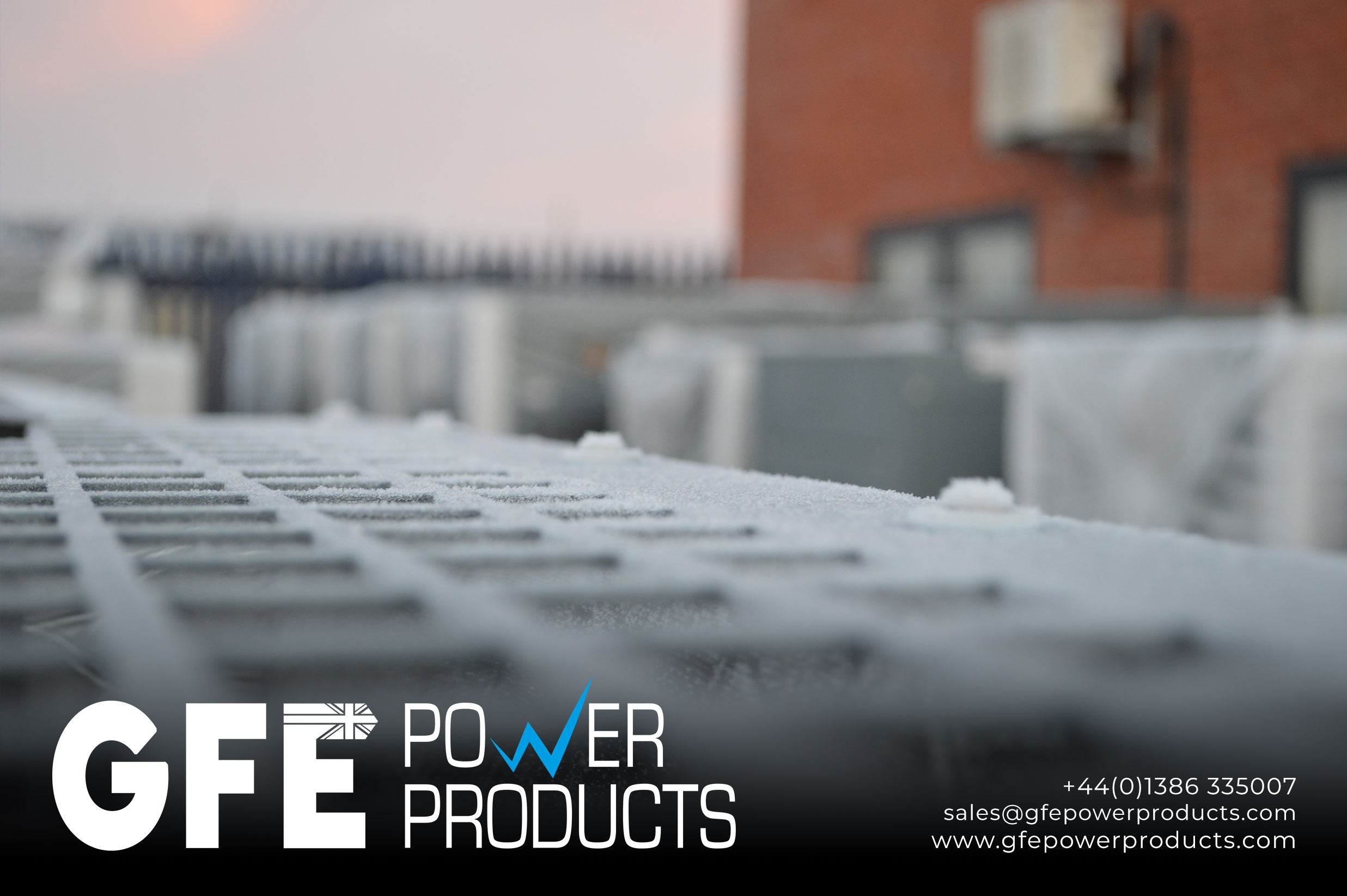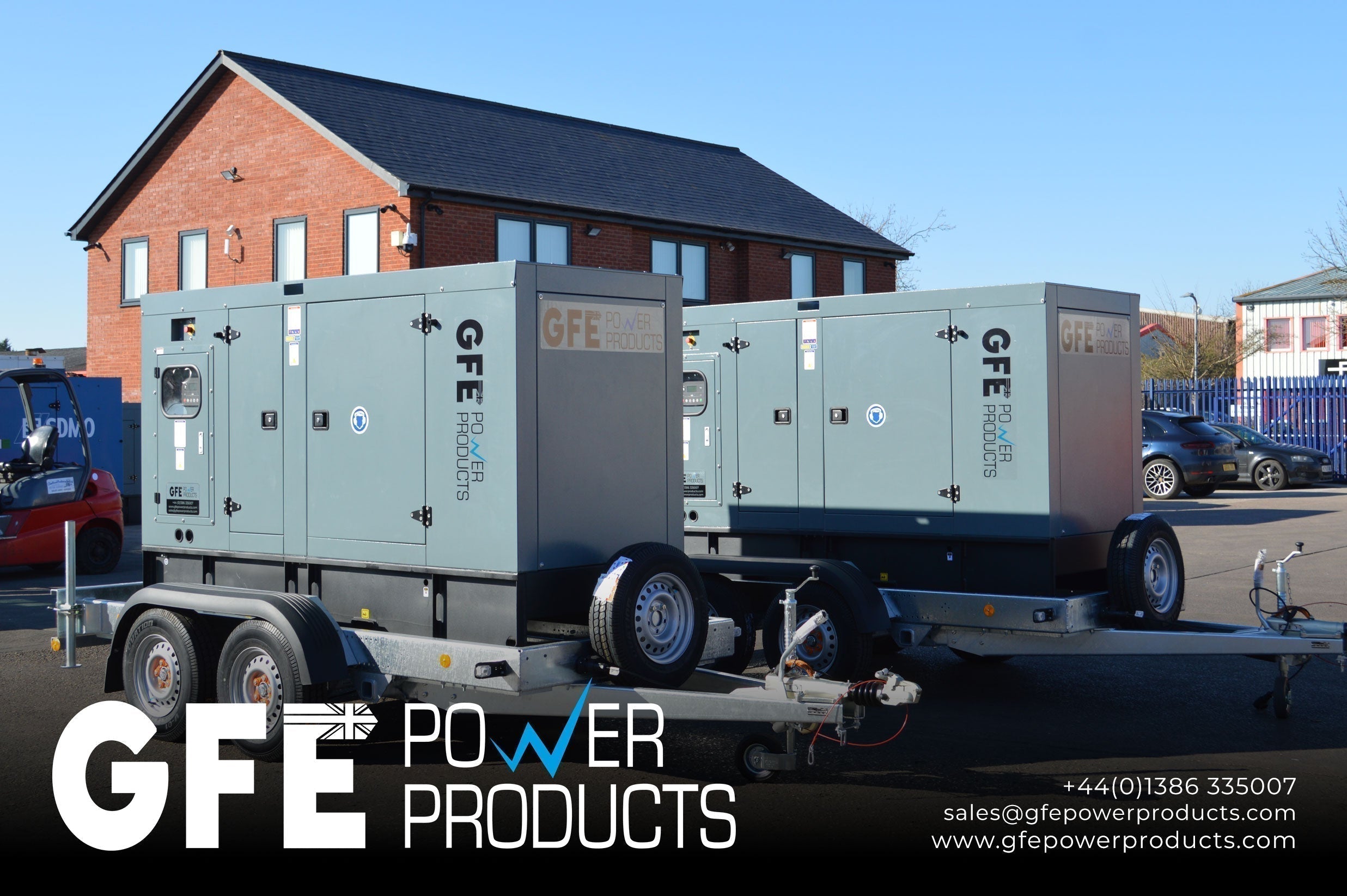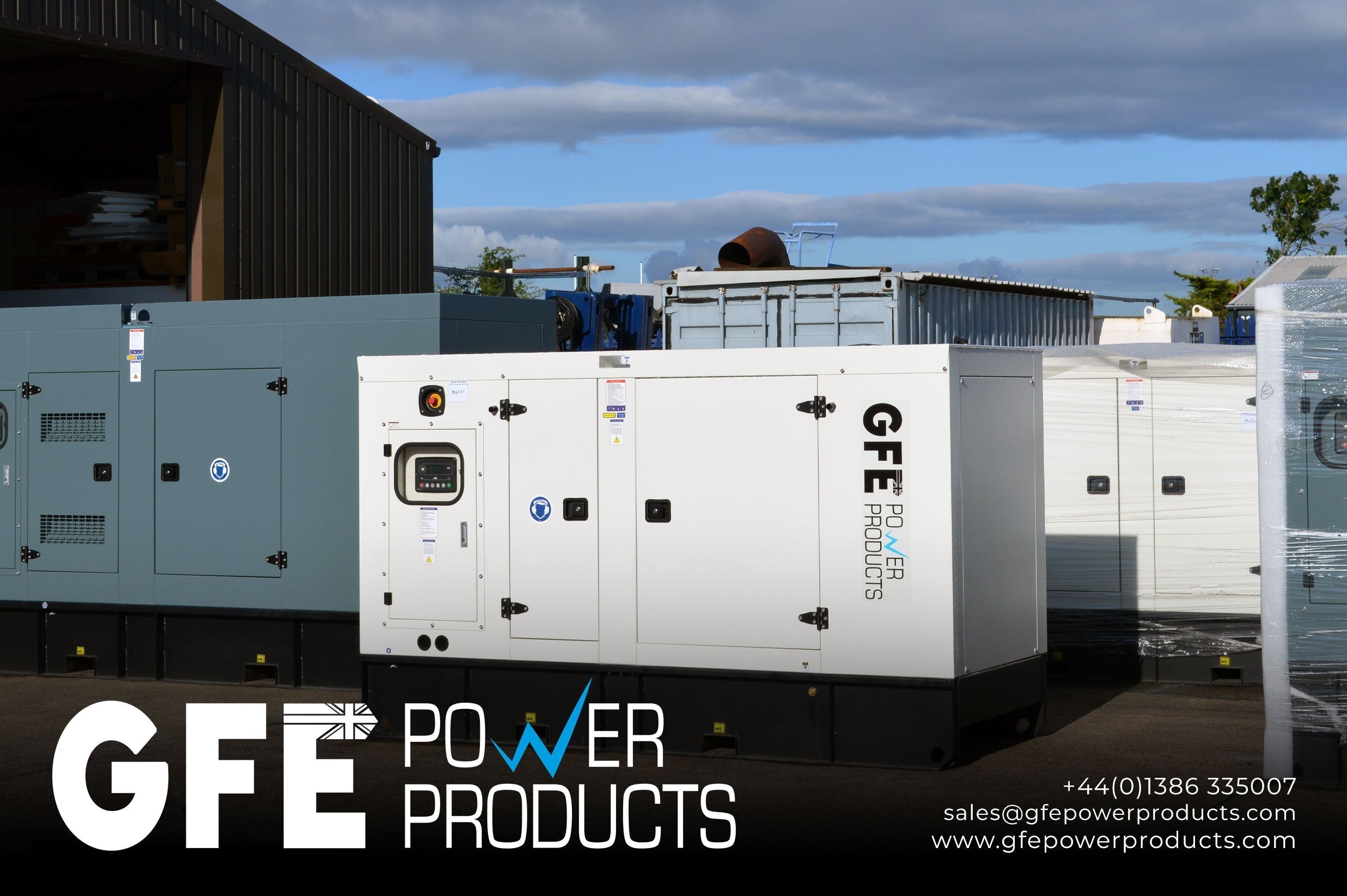
Generator Safety in Storm Season
When storm season arrives, some homeowners brace for the worst: power outages, flooding, and potential damage to their property. While you can’t control the weather, you can control how prepared you are for the disruptions it brings. One of the most reliable tools in storm preparedness is a generator. Whether it’s keeping the lights on, powering medical equipment, or preserving food in the fridge, generators are lifelines when the grid goes dark.
But with great power comes great responsibility. Owning and operating a generator safely during storm season is essential for protecting your family, your property, and even your town.
Why Generators Are Essential During Storm Season
Storms, whether hurricanes, tornadoes, or severe thunderstorms, can bring prolonged blackouts. Power outages don’t just cause inconvenience; they can lead to serious risks like loss of communication, and unsafe living conditions in extreme heat or cold.
A generator provides a dependable backup power source, giving homeowners peace of mind. With the right generator, you can:
- Power critical appliances like refrigerators, sump pumps, and medical devices.
- Maintain comfort by keeping heating or cooling systems running.
- Stay connected with power for communication devices.
- Protect your home by keeping security systems active.
While their benefits are clear, improper generator use can create dangerous situations, carbon monoxide poisoning, electrical fires, and accidents. That’s why safety must always come first.
Top Generator Safety Tips for Homeowners
1. Never Run Generators Indoors
The single most critical safety rule: always operate generators outside. Generators emit carbon monoxide (CO), a colourless, odourless, and deadly gas. Even with doors or windows cracked, CO can seep indoors quickly and cause poisoning.
Install battery-operated CO detectors in your home to add an extra layer of safety.
2. Use the Right Extension Cords and Connections
When connecting appliances, use heavy-duty, outdoor-rated extension cords that can handle the wattage of your generator. Cords should be free of cuts or frays and have grounding prongs intact.
If you’re powering multiple appliances or circuits, consult a licensed electrician to install a transfer switch. This device safely connects your generator to your home’s electrical system, preventing dangerous back feeding that can injure utility workers or damage your equipment.
3. Keep Generators Dry and Protected
Storm season often means rain, flooding, and humidity. Generator positioning outdoors must be carefully considered. Water exposure can lead to electrocution or equipment damage. Never cover a generator with a tarpaulin or sheet while running, it restricts airflow and creates a fire hazard. View our GFE Baudouin Powered Diesel Generators, all of which come with protective canopies for safe and reliable operation.
4. Perform Regular Maintenance
Like any piece of equipment, generators need proper upkeep. Before storm season hits, check the following:
• Oil and fuel levels
• Air filters and spark plugs
• Battery charge
• Run test to ensure the unit powers on and operates smoothly
Schedule professional servicing if your generator hasn’t been maintained recently. Preventive care ensures reliability when you need it most. Our dealer network offer servicing and maintenance to give you peace of mind when running your generator. Contact us to locate your nearest dealer.
5. Fuel Storage and Safety
Store fuel in approved, labelled containers in a cool, well-ventilated area, never inside your home. Petrol and diesel are highly flammable, so keep them away from heat sources. Rotate fuel supplies periodically to prevent them from going stale or consider stabilisers to extend shelf life. Always shut off the generator and allow it to cool before refuelling to avoid accidental ignition.
6. Know Your Power Needs
Overloading a generator is not only bad for the machine, but also a safety hazard. Before storm season, calculate your household’s essential power requirements. Determine the wattage needed for critical appliances and make sure your generator can handle the load.
GFE Power Products offers a wide range of portable and standby generators designed to fit varying household needs. If you're not sure what size generator you need try our kVA Calculator.
Preparing Brings Peace of Mind
Storms are unpredictable, but preparation doesn’t have to be. By following these safety guidelines, you can ensure that your generator works for you, not against you, when it matters most.
Think of a generator as part of your broader emergency plan: stocked supplies, an evacuation route, and a clear understanding of how to keep your household safe. With the right equipment and knowledge, you’ll weather the storm with confidence.
Stay Powered, Stay Safe with GFE Power Products
At GFE Power Products, we understand how critical reliable backup power is during storm season. That’s why we offer durable, efficient, and safety-tested generators for every household and budget.
Whether you need a portable generator for short-term outages or a standby unit for seamless whole-home coverage, GFE Power Products has you covered. Our team is here to help you choose the right model, understand safety best practices, and keep your home running smoothly when storms strike.
Explore our full range of new diesel generators and take the first step in protecting your home and family this storm season.
Phone: +44 (0)1386 335007
Email: sales@gfepowerproducts.com



